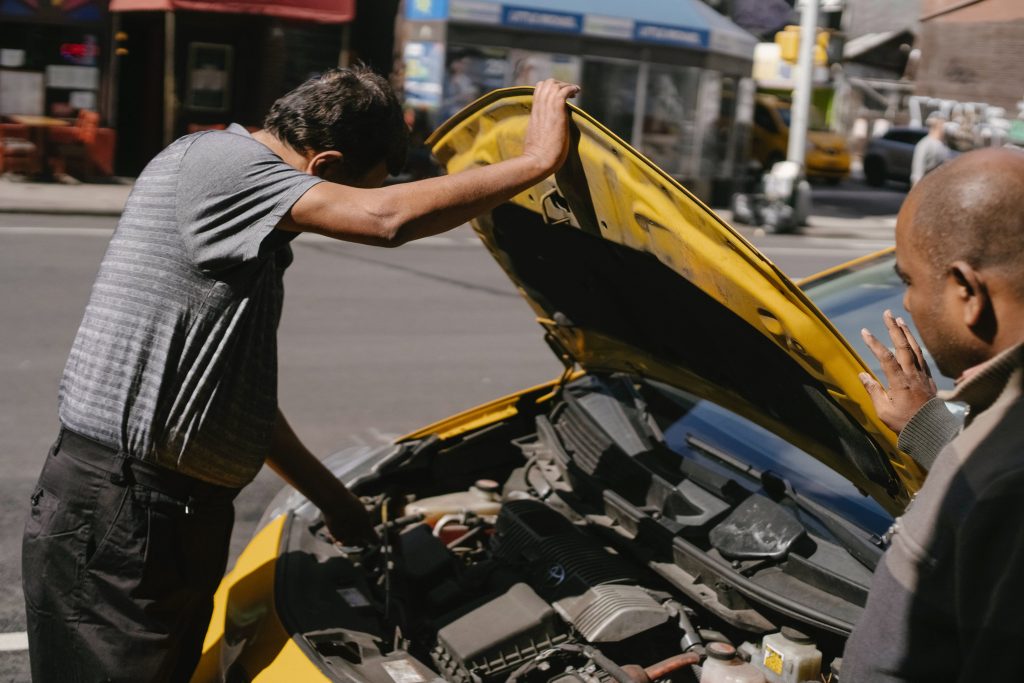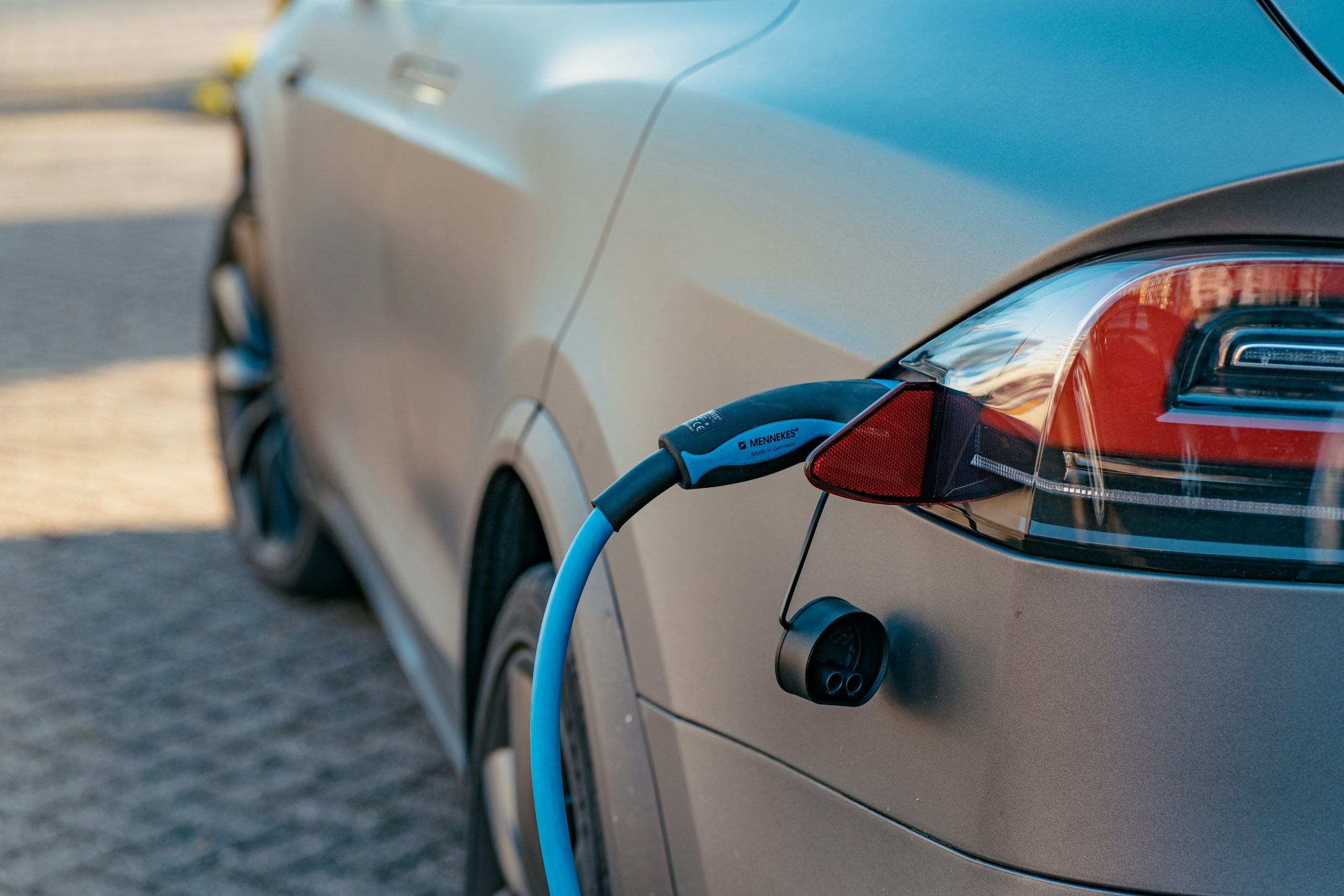Misfueling, the act of putting the wrong fuel into a vehicle, is common, particularly in the United Kingdom. The difference in filler nozzle sizes between petrol and diesel cars has reduced over the years, leading to more instances of mistakenly putting petrol in diesel cars. This can have severe consequences for the vehicle’s engine, potentially causing extensive damage and costly repairs.
Table of Contents
What Happens When Putting petrol in diesel cars?
Petrol and diesel are fundamentally different fuels with distinct properties. Petrol is a spark-ignited fuel which ignites when a spark is introduced. Diesel, on the other hand, is a compression-ignited fuel, meaning it ignites under high compression. When petrol is introduced into a diesel engine, it disrupts the combustion process, leading to several detrimental effects:
- Engine Misfire: Petrol ignites prematurely, causing irregular combustion and a misfiring engine.
- Fuel Pump Damage: Petrol lacks the lubricating properties of diesel, which can damage the fuel pump and injectors.
- Engine Knock: Premature ignition can lead to engine knocking, a harsh rattling sound caused by uncontrolled combustion.
- Engine Failure: In severe cases, continued use of petrol in a diesel engine can lead to complete engine failure.
Symptoms of Petrol in Diesel Car
Recognizing the signs of petrol contamination in a diesel car is crucial to prevent further damage. Common symptoms include:
- Engine Misfiring: Erratic engine behavior, noticeable vibrations, and a lack of power.
- Smoke Emission: Excessive smoke from the exhaust pipe, predominantly black or white.
- Unusual Engine Sounds: Knocking, rattling, or pinging noises from the engine.
- Engine Stalling or Difficulty Starting: The engine may stall abruptly or struggle to start.
Explore: Haley Toyota Specifications

What to Do if You Put Petrol in a Diesel Car
If you suspect you have put petrol in a diesel car, it is essential to act immediately. DO NOT start or attempt to drive the vehicle. Follow these steps:
- Turn Off the Engine: Immediately switch off to prevent further fuel contamination.
- Call for Assistance: Contact a breakdown service or a qualified mechanic to drain the contaminated fuel safely.
- Avoid Starting the Engine: Do not attempt to start the engine under any circumstances, as this can cause further damage.
- Seek Professional Repair: Once the contaminated fuel is removed, inspect your vehicle by a qualified mechanic to assess any potential damage.
Preventive Measures to Avoid Petrol in Diesel Car
To minimize the risk of misfueling, follow these preventive measures:
- Pay Attention to Fuel Pump Nozzles: Diesel nozzles are more giant than petrol nozzles. Ensure the nozzle fits snugly into the filler neck.
- Check Fuel Type Labels: Carefully read the fuel type labels on the pump and your vehicle’s fuel cap to ensure they match.
- Refuel Before Empty: Avoid running your vehicle extremely low on fuel, as this can make it harder to distinguish between petrol and diesel nozzles.
- Seek Assistance if Unsure: If you are unsure about the correct fuel type, consult a fuel station attendant or seek help from a knowledgeable friend or family member.
Conclusion
Misfueling can have severe consequences for your vehicle’s engine, potentially leading to costly repairs and even complete engine failure. By understanding the risks, recognizing the symptoms, and taking prompt action, you can minimize the damage and protect your vehicle. Remember, prevention is always better than cure, so pay attention to fuel type labels, check nozzle sizes, and seek assistance if you have any doubts.
FAQs on Petrol in Diesel Engines
What are the consequences of putting petrol in a diesel engine?
Introducing petrol into a diesel engine can lead to severe and potentially irreparable damage to the engine’s components. The primary issues include:
- Engine Misfiring: Petrol’s premature ignition disrupts the controlled combustion process, causing erratic engine behavior, vibrations, and power loss.
- Fuel Pump Damage: Petrol lacks the lubricating properties of diesel, leading to premature wear and damage to the fuel pump and injectors.
- Engine Knock: Due to the early ignition of petrol, uncontrolled combustion occurs, resulting in a harsh knocking sound.
- Engine Failure: Prolonged use of petrol in a diesel engine can cause catastrophic failure, necessitating extensive and costly repairs.
FAQs on Petrol in Diesel Engines
How much petrol can a diesel engine tolerate without causing damage?
Even a tiny amount of petrol can harm a diesel engine. It is strongly advised to drain any contaminated fuel immediately and have your vehicle inspected by a qualified mechanic, regardless of the perceived quantity of petrol introduced.
What is the difference between petrol and gasoline?
Petrol and gasoline are synonymous terms, referring to the same fuel type commonly used in spark-ignition engines. Using petrol or gasoline in a diesel engine will produce the same adverse consequences.
What steps should be taken if petrol is mistakenly put in a diesel car?
If you suspect that petrol has been introduced into your diesel car, immediate action is crucial to minimize potential damage. DO NOT start or attempt to drive the vehicle. Follow these steps promptly:
- Turn Off the Engine: Immediately switch off the engine to prevent further circulation of the contaminated fuel.
- Seek Professional Assistance: Contact a breakdown service or a qualified mechanic to safely drain the contaminated fuel without causing further damage.
- Refrain from Restarting the Engine: You should not attempt to restart the engine until the contaminated fuel has been removed and the vehicle has been thoroughly inspected.
- Thorough Inspection: Once the contaminated fuel has been drained, have your vehicle extensively inspected by a qualified mechanic to assess any potential damage to the fuel system, injectors, and engine components.
Remember, prevention is always preferable to rectification. To avoid misfueling your diesel car, pay close attention to fuel pump nozzles, carefully read fuel type labels, refuel before reaching shallow fuel levels, and seek assistance when unsure.







